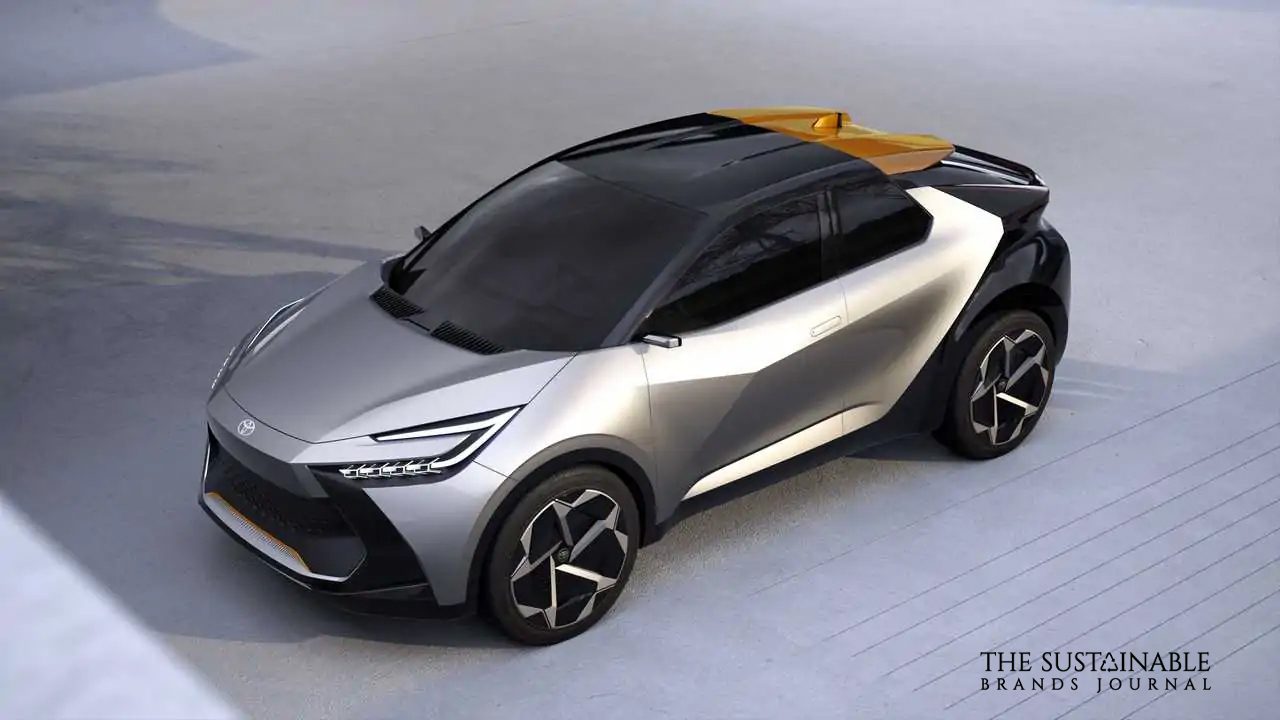
Toyota Plan To Become Carbon Neutral By 2040
When it comes to the auto industry’s shift to battery electric vehicles, there is more to it than just building cars. There is no doubt that the transition to EV vehicles is part of a larger strategy to reduce all carbon emissions, such as those produced during the manufacturing process. This is according to many of the world’s carmakers. With a multi-pronged approach, Toyota says they intend to reach carbon neutrality in Europe by 2040, and they say they are on track to achieve it by that time.
The next-generation cars from the automaker aim to reduce CO2 emissions by 100 percent in Europe and the UK by 2035, according to the company. It plans to do so using all available technologies. There is no doubt that Toyota is making big strides in the development of clean power vehicles. They will use a combination of battery-electrics, plug-in hybrids, electrics, and hybrids in the next 10 to 15 years.
Also Read- Is FIFA World Cup Qatar 2022 truly Carbon Neutral?
By the end of the decade, all of BMW’s manufacturing facilities in Europe will be carbon-neutral. It is estimated that Toyota’s Deeside plant in the UK converts 90 percent of the waste it receives into green energy. This enables it to save on the use of fuel. Depending on how well the facility is managed, it might be able to become carbon neutral by 2025. Furthermore, the automaker also installed a massive amount of solar panels – about the equivalent of the length of 10 soccer fields.
There was also a bit of a glimpse into Toyota’s future that was presented. This concept car reveals the sharp-edged styling of the next-generation C-HR, a design that will be carried over into the production model. Although the production version should look a bit more conservative than the concept, the overall aggressive styling of the plug-in hybrid should remain the same regardless of the changes. Toyota is preparing to manufacture the batteries for the crossover in Europe in order to reduce shipping costs. Originally, Lexus said the LFA would be replaced by an electric car that would feature a manual transmission and be capable of operating via a fly-by-wire system.
Also Read- By the year 2050, Kuwait intends to become carbon-neutral in oil and gas production
In addition to its investment in hydrogen, the Japanese automaker continues to make investments in the sector. Earlier today, the company demonstrated the Coroll Concept. This concept, which is powered by a combustion engine that burns hydrogen instead of gasoline, has been designed to enhance fuel efficiency. Moreover, there are plans to develop a pickup version of the Hilux as well. As Toyota strives to become carbon neutral within the next few decades, there will be a variety of ways that will accomplish this goal.
Image Credit- Toyota

Prachi, an accomplished Chief-Editor at The Sustainable Brands Journal, has 15+ years of experience in Europe, the Middle East, and India, managing 90+ global sustainable brands. She’s a prolific writer in sustainability, contributing to various publications. Prachi’s unwavering passion and expertise make her a recognized authority, driving positive change and inspiring a sustainable future.





